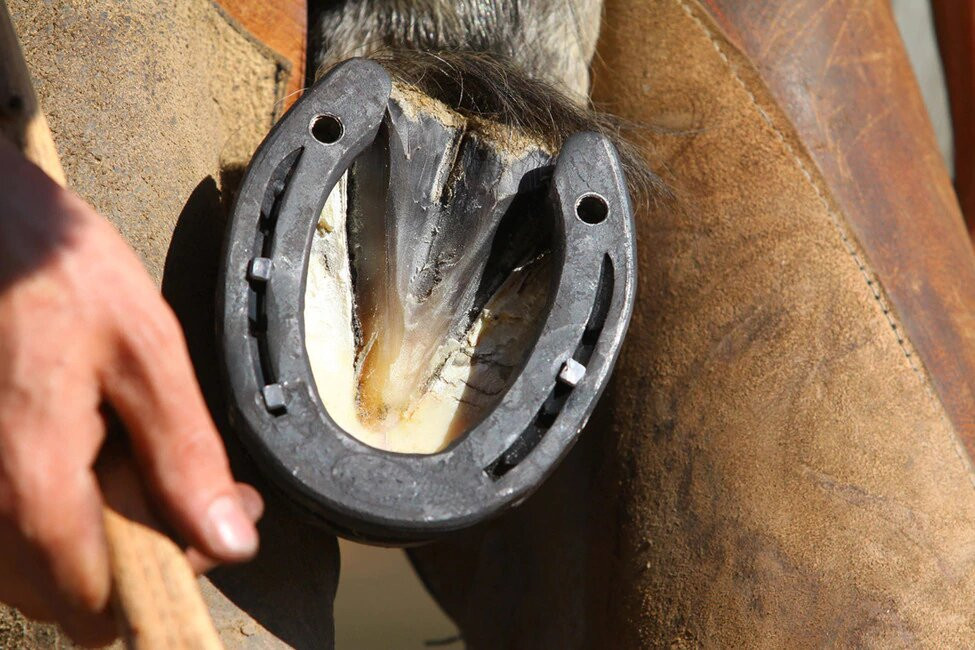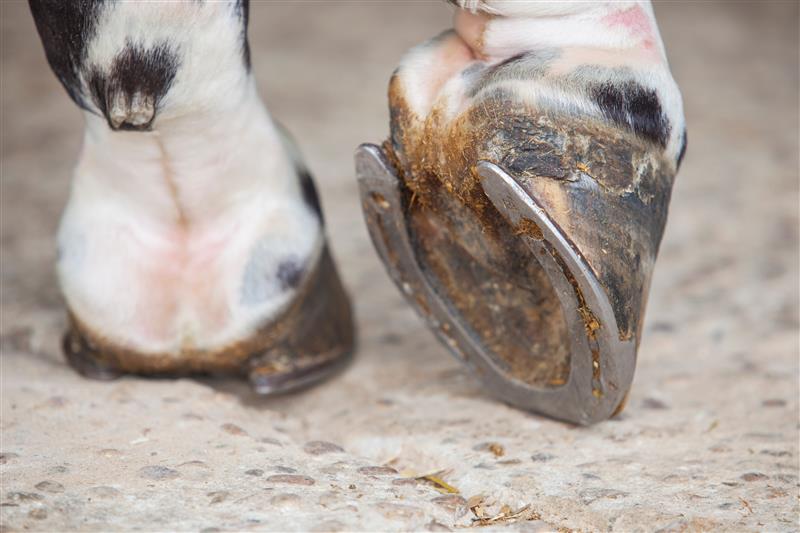
The Link Between Hoof Quality & Digestive Health
As a veterinarian, one of the questions I am often asked is, “How can I improve my horse’s hoof health?” Historically, the go-to has been the addition of a hoof supplement that includes biotin and other ingredients said to boost hoof growth and strength. And while this is an option, it is not the best option. My clinical studies have shown that a horse with good digestive health does not have a need for additional biotin supplementation, and quality hoof development requires more than just biotin, methionine, or their combination.
Research from the mid-1990s showed that 15mg of biotin per day significantly improved hoof growth and quality over a 10-month course of supplementation. Since that time, this has become the standard of measure among the veterinary community and supplement companies. Of course, like all good things, this finding has been interpreted by many and taken on the more-is-better approach with supplement companies competing based upon how much biotin they include.

The simple fact is that our horses are limited somewhat by their genetics, hoof quality included. Supplement companies have misinterpreted the research and entered a race with each other to create a bigger, better, faster hoof supplement that promises all kinds of magical results. Every research study to date has shown the optimal level of supplemental biotin to range between 15-25mg/day, so anything over that is simply wasted effort and expense. Additionally, this same research has shown that changes take place over the course of 6-10 months, meaning that caretakers need to be prepared to wait it out and see what kind of results they will see.
Alternatively, you can explore improving your horse’s digestive function.
Biotin is synthesized by the beneficial bacteria already within your horse’s GI tract. When a horse is in good digestive health, a biotin deficiency is extremely rare and, in turn, outer signs of wellness, such as hoof quality and a good hair coat, remain intact. Conversely, when a horse is experiencing digestive dysfunction or chronic digestive disturbances, biotin creation is inhibited which can result in decreased hoof and coat quality.
By recognizing the signs of digestive disturbance in your horse and taking steps to correct it, you are secondarily restoring the normal production of biotin and should notice improvement in hoof quality. Amazingly, by addressing your horse’s digestive health as a route to promoting improved hoof quality, outward results are seen considerably faster than in traditional biotin supplementation – 4 times faster, in fact.
The rapid change in hoof quality supports the fact that biotin alone or the combination of biotin and methionine are not solely responsible for quality hoof condition and growth. There are many additional, nutritional factors and micronutrients that, although still unresearched, when properly produced and absorbed in concert with biotin seem to have a major effect on structural health of the hoof.
To make this point I radiographed the hoof in numerous horses after just 4 months of supplementation with our digestive support program. The documentation showed, in some cases, as much as a 75-80% increase in hoof sole thickness along with significant improvement in hoof wall growth. Will this happen every time? Well, no it won’t! Some horses are limited by their genetics and, although improvements in hoof quality and growth occur, they’re not as remarkable as this. However, digestive health is the key to achieving the best possible hoof your horse can have.
Most Arenus Animal Health customers report a significant change in their horse’s hooves within a single shoeing cycle - without the addition of biotin and methionine. Assure Guard Gold is a patented digestive aid proven to support optimal GI health and overall wellness in horses of all ages and performance levels. The unique combination of pre and probiotics, specially processed psyllium, enzymes, and other digestive support ingredients, restore balance to the GI tract and promote long-term results.
Though your horse may not be colicking on a daily basis or show overt signs of digestive stress, that does not mean that a less severe, underlying digestive disturbance is not present. Improvements in digestive health can be made even in those horses deemed “normal.” Good health begins on the inside and, if you’re noticing poor hoof quality in your horse, it may be worth asking the question, “Is my horse’s digestive health as good as it could be?”

